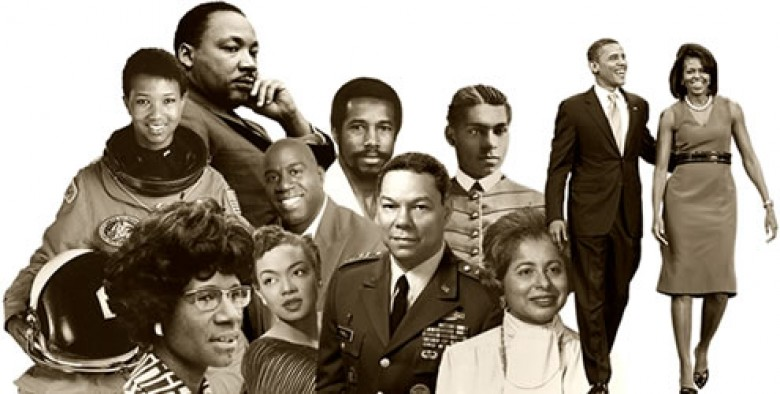The Buffalo metropolitan region is the fifth most segregated metropolis in the U.S. Why? And what can we do as a community to change this? These are the kinds of questions we should be asking and trying to answer during Black History Month.
Let's start is at the Burchfield Penney. 3 ½ Minutes, Ten Bullets tells the story of Jordan Davis, the young black man shot by a white man at a Florida gas station. Reconstructing the night of the murder reveals how hidden racial prejudice can result in tragedy. Extrapolate.
Then participate in How We Got Here: Structural Racism and the Rise of Metropolitan Buffalo at the Buffalo History Museum on February 24. Henry Louis Taylor suggests that racial residential segregation is not in Buffalo’s urban DNA, but that it was driven by a new vision of the city by elites and the creation of new urban metropolis.
Or do some foraging on your own at the Library. The African American Heritage guide includes links to half a dozen databases, useful websites, Community and Local Links, and some helpful research sources. Check it out.
For a festive approach to Black History Month, stop by the Broadway Market on Saturday, February 27. The eighteen-piece Larry Salter Soul Orchestra will play on the Market Stage from Noon to 3:00.
Or celebrate Black History. Visit the oldest continuously run African American musicians club in the U.S., the Colored Musicians Club, founded in 1935. The Club's new Museum is full of interactive exhibits that share the stories of the jazz legends who performed here and the legacy they left behind.
Another way to travel through time is on a Motherland Connextions tour of Underground Railroad sites and watch Freedom Crossing, a film exhibit about the Underground Railroad.
These are just a few of the ways that we will celebrate Black History in Buffalo. Please post additional events on BuffaloVibe.com and some will be featured in next week's Citybration newsletter.
But where did this important February tradition come from? Read more to find out
Black History Month actually began as "Negro History Week" in 1926. Started by historian Carter G. Woodson and the Association for the Study of Negro Life and History, it was celebrated during the second week of February to coincide with the birthdays of Abraham Lincoln and Frederick Douglass. It was intended to encourage the nation's public schools to teach the history of American blacks.
Black United Students at Kent State University proposed expanding Black History Week to Black History Month in February, 1969, but this did not became official until 1976 as part of the US Bicentennial. The celebration spread to the UK in 1987 to Canada in 1995.
So there.

